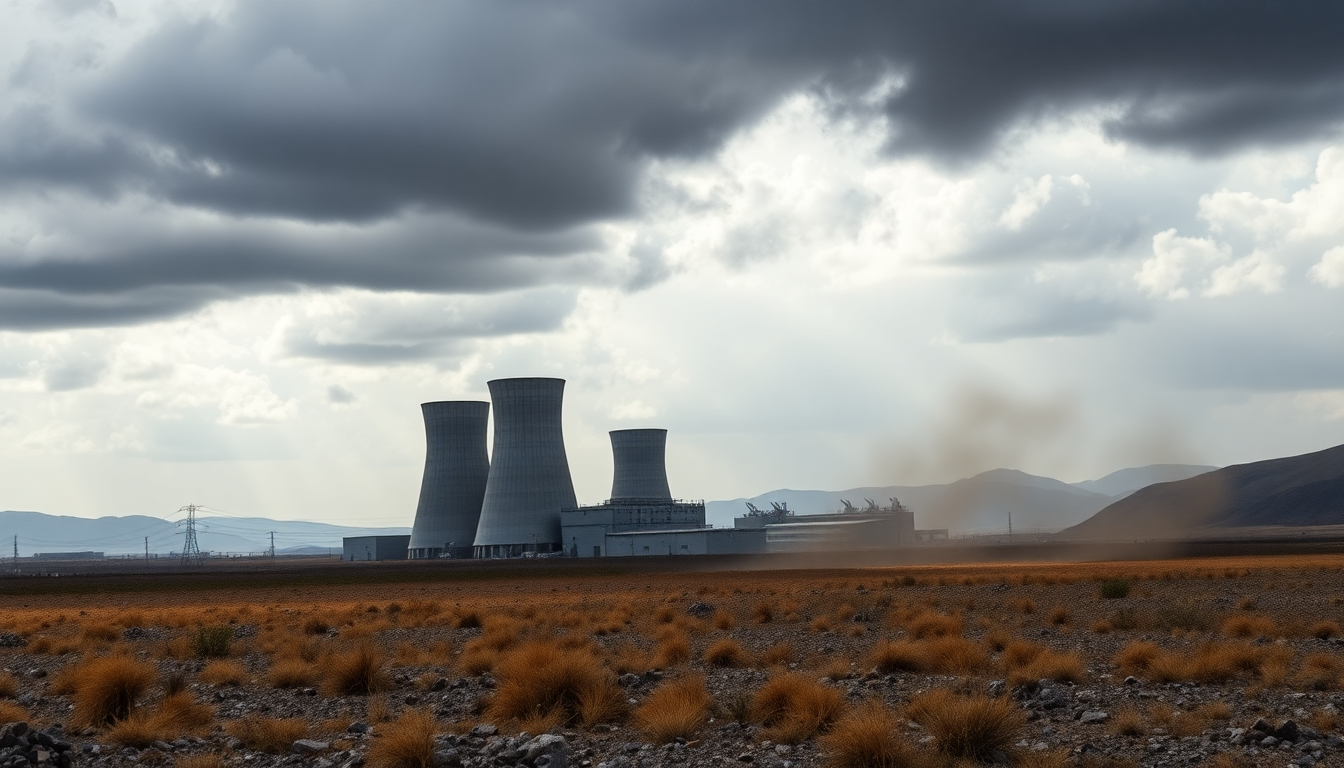Table of Contents
The recent military strikes by the U.S. against Iranian nuclear facilities have sparked renewed debates about foreign policy and national priorities. With these events unfolding, a variety of voices from public figures have emerged, each reflecting different sentiments about America’s role in the world. So, what’s really at stake? Let’s dive into the context of these actions, the reactions they’ve provoked, and the potential implications for both the U.S. and Iran.
Context of the Strikes: A Geopolitical Overview
The decision by the U.S. military to target three major nuclear sites in Iran was presented by officials as a crucial step to limit Iran’s ability to develop nuclear weapons. The Trump administration touted these attacks as significant victories that would hinder Iran’s nuclear ambitions. But not everyone agrees with this assessment. Critics, including Sean Strickland—a former UFC champion and passionate Trump supporter—have voiced concerns about how these military actions truly benefit the average American.
Strickland took to social media to express a growing sentiment among some Americans who are questioning the wisdom of investing substantial military resources overseas while facing pressing domestic issues like inflation and rising living costs. His critique resonates with many voters who feel that their tax dollars should be focused on improving their communities rather than funding foreign military engagements.
Public Response and Political Implications
The public’s reaction to these military actions reveals a split opinion regarding U.S. involvement in international conflicts. While some see the strikes as a necessary defense of national interests, others—like Strickland—argue for a more America-centric approach, suggesting that the focus should be on resolving issues at home. This debate is further complicated by Iran’s retaliatory missile strikes aimed at U.S. bases in Qatar, which the Qatari foreign ministry has labeled a bold act of aggression, even though they were successfully intercepted.
Former President Trump has weighed in on Iran’s missile launch, calling it a weak response and highlighting the absence of American casualties as a testament to the military’s strategic success. However, this narrative of triumph stands in stark contrast to the rising domestic unrest stemming from economic struggles, prompting many to question the long-term effects of these military engagements on public opinion and the political arena.
Looking Ahead: The Future of U.S.-Iran Relations
The implications of these recent military actions stretch far beyond immediate tactical victories. As the U.S. navigates its complex relationship with Iran, the potential for future conflict looms large. Moreover, the ongoing discourse surrounding these events could significantly influence American foreign policy as the nation grapples with balancing military action against domestic priorities.
In the months to come, it’s essential to keep an eye on how these developments impact both public opinion and international relations. Will the U.S. continue its military engagement in the Middle East, or are we on the brink of prioritizing domestic issues? The outcomes of this situation will undoubtedly shape the geopolitical landscape and influence future U.S. foreign policy decisions. What do you think? How should America balance its role abroad with the needs at home?


